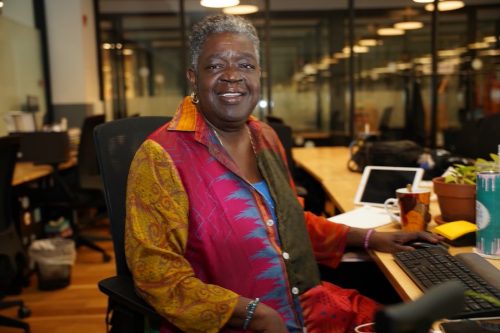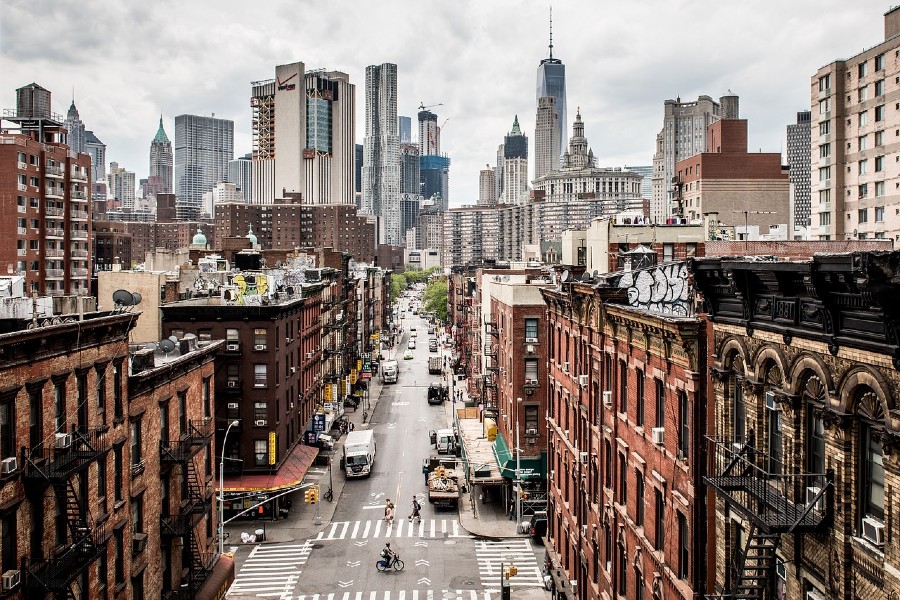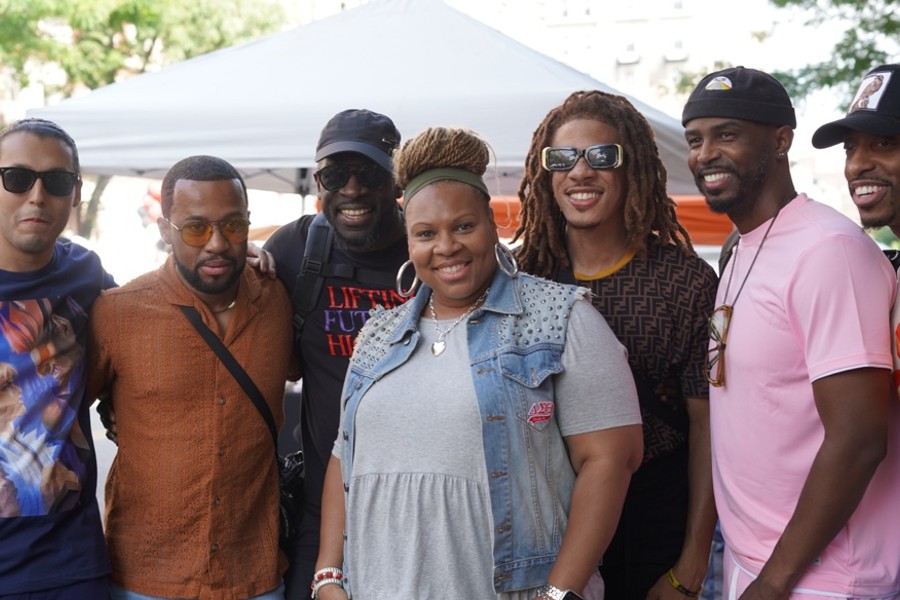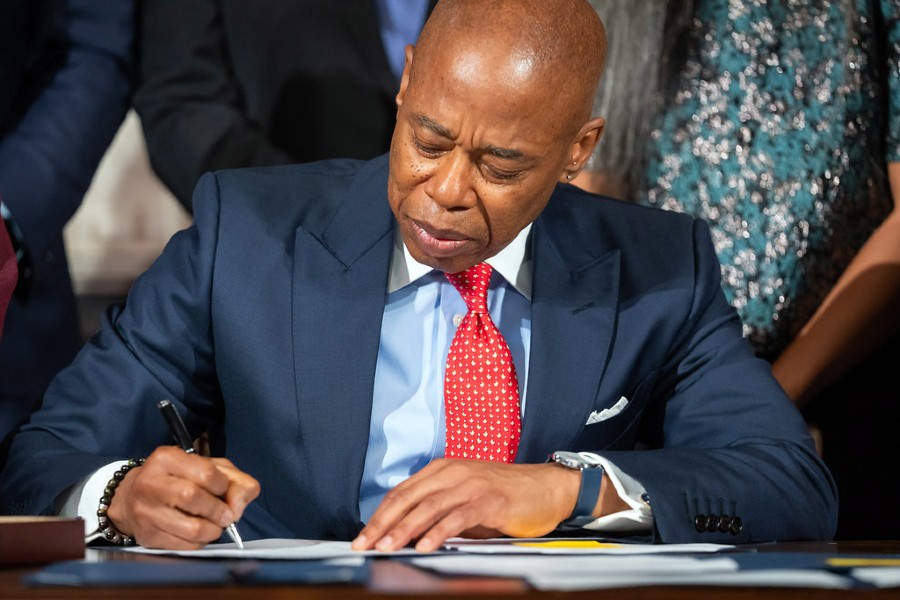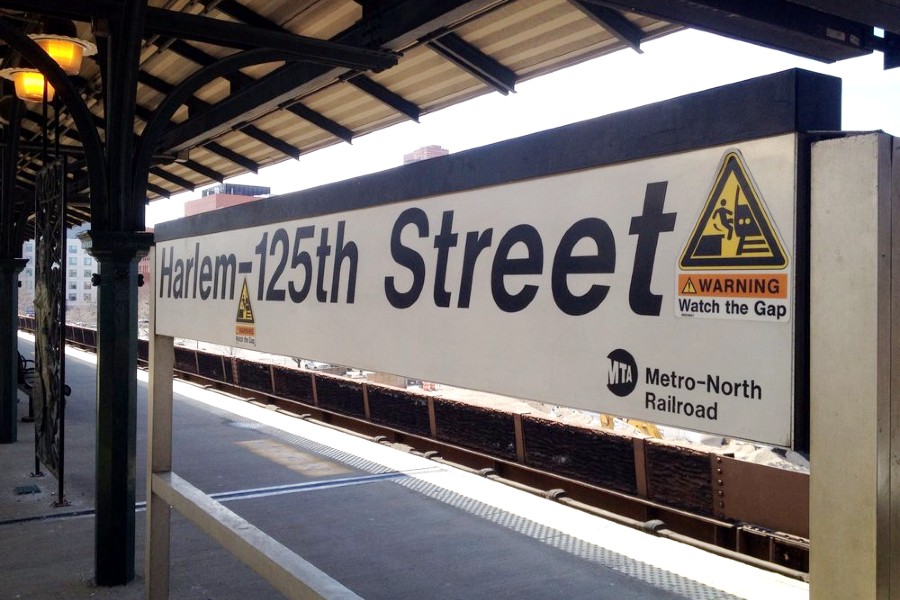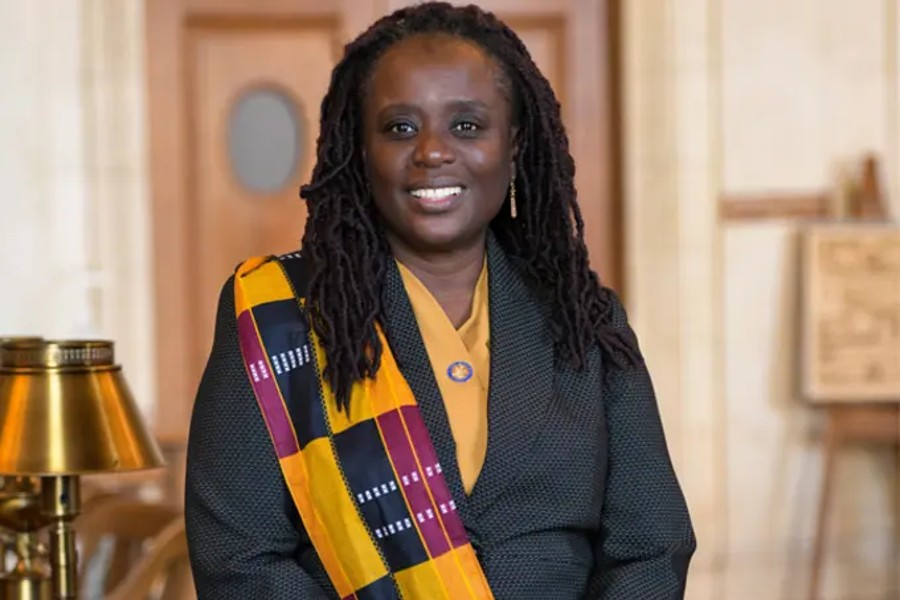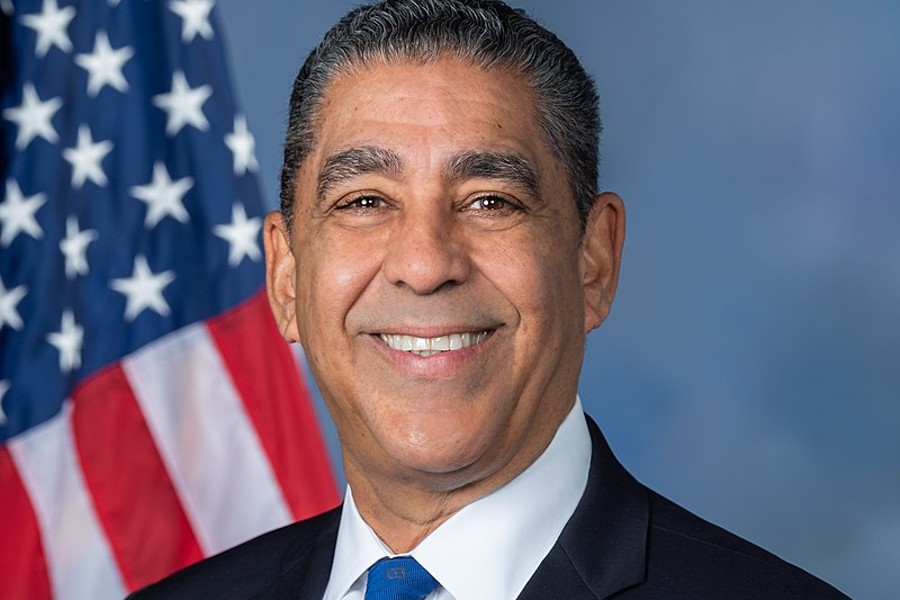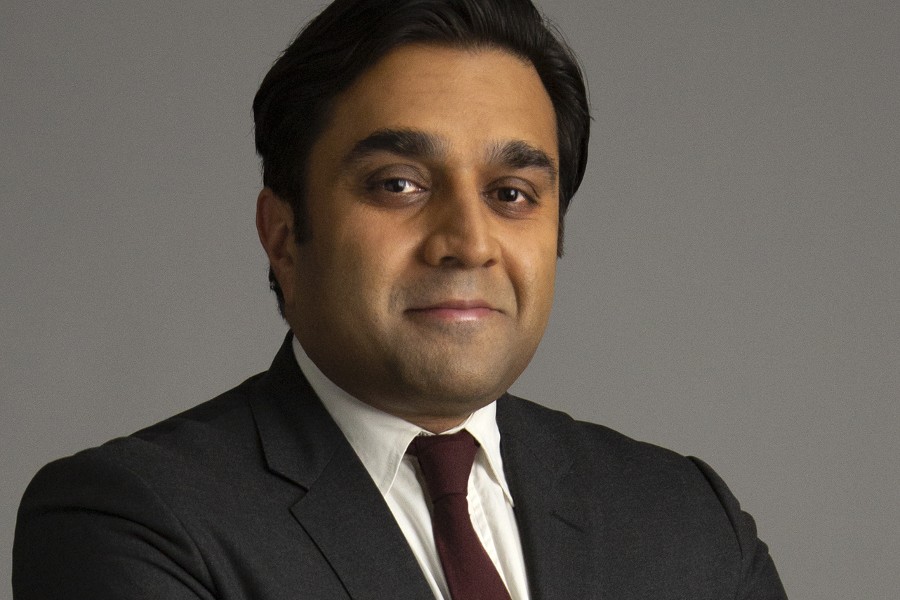
As the City observes the anniversary of the terrorist attacks on the World Trade Center, the Health Department.
Also marks the 20-year anniversary of the World Trade Center Health Registry, which has tracked the health of 71,000 enrollees, produced nearly 200 publications and identified several emerging conditions associated with 9/11. The Registry is the largest post-disaster registry in U.S. history and one of longest running in the world.
“More than twenty years later, the long-term physical and mental impacts of the 9/11 terrorist attacks continue to impact our city and our nation,” said Health Commissioner Dr. Ashwin Vasan. “Our World Trade Center Health Registry is grounded in science and has been used to identify health issues affecting 9/11 survivors and importantly, helped identify and leverage well-deserved resources and supports to address their ongoing health needs. We are proud to continue to support those impacted.”
The Registry was created to understand the short- and long-term health effects and gaps in care among exposed people. Eligible groups included rescue/recovery workers, area workers, residents, and others present in Lower Manhattan exposed to psychological trauma, dust, and smoke on or after 9/11.
The Registry was established as a collaborative effort between the New York City Health Department and the federal Agency for Toxic Substances and Disease Registry (ATSDR) and funded by CDC/NIOSH since 2009. Following extensive community and individual outreach, over 71,000 eligible civilian survivors and responders from across the U.S. and other countries voluntarily enrolled in the Registry in 2003-2004 and completed their initial health interview, making it the largest post-disaster health registry in U.S. history.
Recapping the Last Twenty Years:
Over the last 20 years, the Registry was responsible for research to understand the comprehensive health outcomes and needs of 9/11 survivors. The Registry has:
- Conducted four follow-up health surveys among enrollees as well as surveys focused on subsequent disasters (Superstorm Sandy, COVID-19) and emerging topics, including early retirement and the long-term consequences of being injured on 9/11.
- Contributed to greater recognition and awareness of 9/11-related physical health conditions such as asthma and other respiratory illnesses, GERD, cancer, and mental health conditions such as PTSD and depression, as well as emerging conditions such as autoimmune diseases, hearing problems, and cognitive impairment.
- Published findings which show that people often have co-occurring 9/11-related physical and mental health conditions that compound the health burden and reduce their quality of life and functioning.
- Conducted Registry research and outreach that has benefited the broader affected communities by informing 9/11 health care, including the passage of the James Zadroga 9/11 Health and Compensation Act in 2011, which created the federal World Trade Center Health Program and the 2015 extension of the WTC Health Program to 2090 for both non-rescue recovery survivors and responders.
- Informed public health practices, including disaster preparedness and response, dealing with worldwide health crises like COVID-19 and air quality emergencies such as the toxic smoke clouds emanating from the Canadian wildfires.
Looking Forward:
The Registry plans to continue tracking the course of reported 9/11-related conditions, any new emerging conditions and will continue referring enrollees to the WTC Health Program. Areas of focus going forward include aging and cognition, emergency preparedness, consequences of experiencing multiple disaster events, and continuing to follow our child enrollees, now all in their adult years. By learning from the experiences of the past, the Registry can help build a more resilient and effective response system to support and protect those most impacted before, during, and after disasters.
Visit the WTC Health Registry website for information on Registry findings, health handouts on 9/11- related health conditions, research videos, enrollee testimonial videos, a complete listing of published registry research.
Other Languages: Español | 繁體中文 | 简体中文
Photo credit: Dr. Ashwin Vasan.
- How To Choose The Right Corporate Travel Management Provider For Your Business?
- How Having A Dog Can Enhance Your Overall Mental Health
- 10 Tips To Maximize Your Air Conditioner’s Efficiency
- New Gear For Fall On The Rise For You And Your Harlem Home
- NYIC Launches ‘New York Proud’ Public Art Campaign Celebrating Immigrant Stories Across NYC
Become a Harlem Insider!
By submitting this form, you are consenting to receive marketing emails from: Harlem World Magazine, 2521 1/2 west 42nd street, Los Angeles, CA, 90008, https://www.harlemworldmagazine.com. You can revoke your consent to receive emails at any time by using the SafeUnsubscribe® link, found at the bottom of every email. Emails are serviced by Constant Contact


